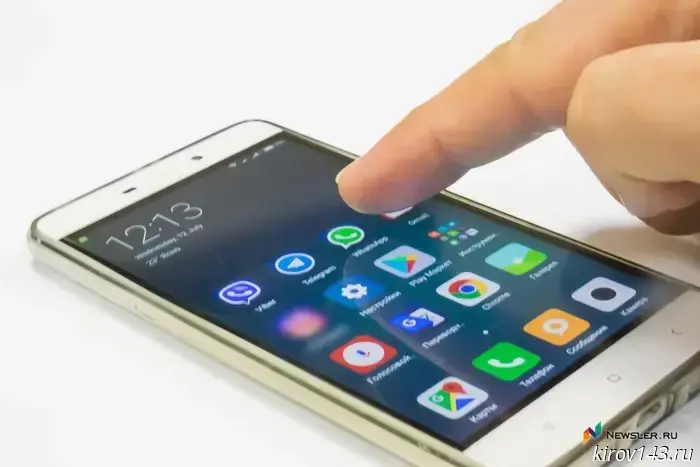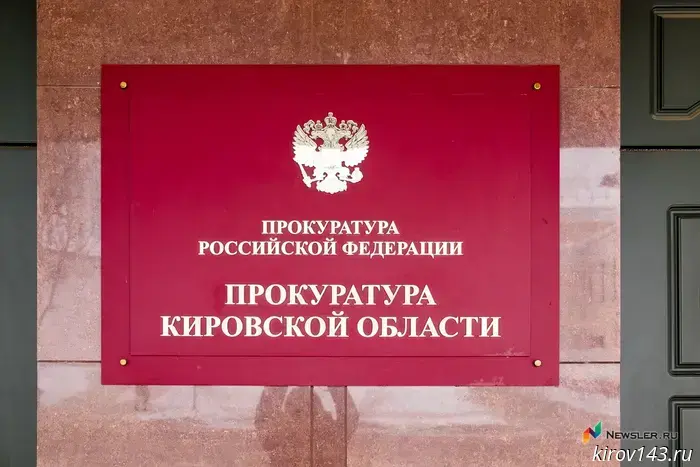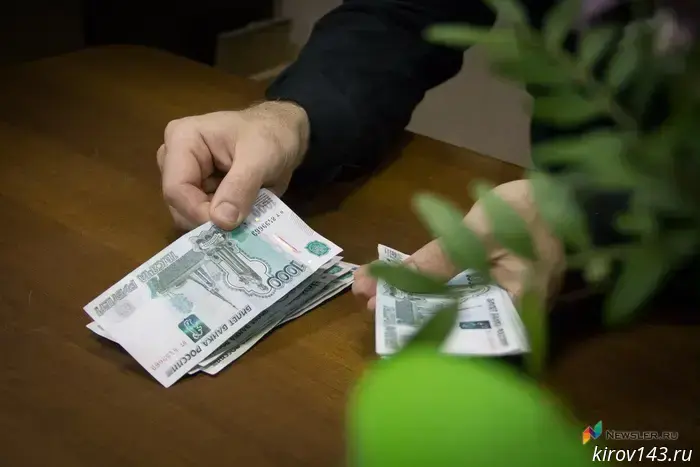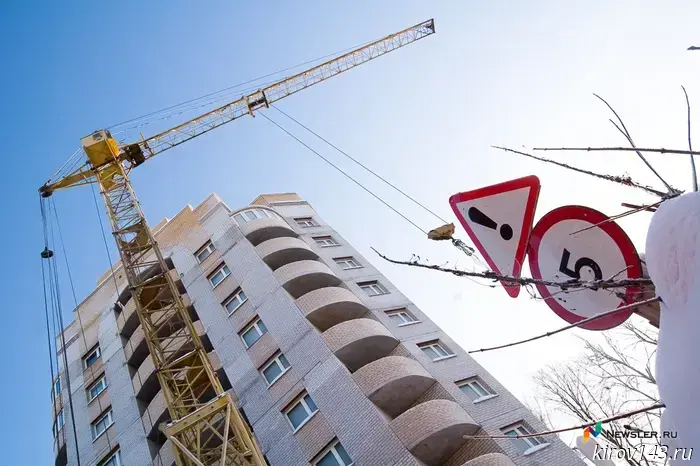
In Russia, they want to introduce a universal QR code for payments: opinions
As it became known, Russia has developed a bill on the introduction of a universal QR payment code, the only operator of which will be the National Payment Card System. Interfax writes about this. We asked the analysts how it would work, what problems there might be in implementing this idea, and whether it even makes sense to introduce it.
Vladimir Chernov, Analyst at Freedom Finance Global:
"The introduction of a universal QR payment code managed by the National Payment Card System (NSPK) involves the creation of a unified system for contactless payments via QR codes. All payments via QR code will go through a single infrastructure supported by the NSPK, which will unify the payment process regardless of the bank or payment system. Retail outlets will be able to use a single QR code to accept payments from any bank card, as well as other payment instruments, such as digital wallets, and customers will be able to scan a single QR code through their bank's mobile application or payment system, which will simplify the payment process. A universal QR code can become part of an import substitution strategy and reduce dependence on the international payment systems Visa and Mastercard.
Despite the potential advantages, the introduction of a universal QR code may face technical challenges, as many retail outlets already use various payment solutions, such as acquiring from different banks. The transition to a single system will require significant hardware and software upgrades. At the same time, the unified system becomes an attractive target for cyber attacks, so it is necessary to ensure the protection of personal data and transactions, which will require serious investments in cybersecurity. In regions with low technical equipment or weak Internet connection, the use of QR codes can be problematic.
Among the economic challenges, possible monopolization of the market and additional financial costs can be noted, since if the NSPK becomes the sole operator, this may limit competition and increase the cost of services for businesses. As an example, fees for using a QR code may increase. Small and medium-sized enterprises will face additional costs for the implementation of the new system, which is especially critical for them in conditions of economic instability.
When implementing this idea, difficulties may also arise with its regulation, that is, it is necessary to develop clear rules for the use of a QR code and the distribution of responsibility between market participants (NPCs, banks, retail outlets).
Banks and payment systems may not want to abandon their own decisions in favor of a single system, which may lead to a conflict of interest.
Many customers have already become accustomed to existing payment methods (for example, NFC or bank applications). Switching to a new format may require time and effort for training.
The introduction of a universal QR code can be a step towards unifying the payment infrastructure and strengthening the national payment system. However, the success of the project depends on how effectively technical, economic and legal problems are solved. If implemented correctly, the system can simplify the payment process for users and reduce costs for businesses. However, the high costs of implementation and the risk of market monopolization require careful consideration of the draft law. We believe that it makes sense to introduce it if the project is implemented taking into account the interests of all market participants and does not lead to monopolization."
Alexander Neporozhny, Deputy Chairman of the Board of Finam Bank:
"It definitely makes sense. The client gets confused in different QR codes. Not all banks support all options.
Most likely, it will work according to the roaming principle. That is, I scan the QR code, for example, of the "Pay QR" system, the bank sends it to the NSPK, and then the sending bank sends it as it is convenient for him, for example, through the SBP, and the recipient already accepts it using the "Pay QR" system. It seems like the most convenient option."
Другие Новости Кирова (НЗК)
 Kirov region is among the top 10 leaders in the fight against doping
By the end of 2024, the Kirov Region became one of the best regions of Russia in terms of anti-doping activities, according to the RUSADA rating.
Kirov region is among the top 10 leaders in the fight against doping
By the end of 2024, the Kirov Region became one of the best regions of Russia in terms of anti-doping activities, according to the RUSADA rating.
 More than six thousand Kirov residents applied for deductions in a simplified manner
The Federal Tax Service for the Kirov region reminded residents of the region about the possibility of receiving tax deductions in a simplified manner — without filling out the 3-personal income tax and a personal visit to the inspectorate.
More than six thousand Kirov residents applied for deductions in a simplified manner
The Federal Tax Service for the Kirov region reminded residents of the region about the possibility of receiving tax deductions in a simplified manner — without filling out the 3-personal income tax and a personal visit to the inspectorate.
 The administration of the Murashinsky district illegally charged a pensioner for social housing
The prosecutor's office helped the elderly resident to achieve justice.
The administration of the Murashinsky district illegally charged a pensioner for social housing
The prosecutor's office helped the elderly resident to achieve justice.
 Kirov resident gave 32 million rubles to fraudsters
A resident of Kirov believed the scammers and lost 32 million rubles, and also almost sold his apartment.
Kirov resident gave 32 million rubles to fraudsters
A resident of Kirov believed the scammers and lost 32 million rubles, and also almost sold his apartment.
 More than 60 hectares of overgrown agricultural land were found in the Yuryansky district.
Warnings were issued to the owners of the plots.
More than 60 hectares of overgrown agricultural land were found in the Yuryansky district.
Warnings were issued to the owners of the plots.
 Contributions for the overhaul of new buildings will begin to accrue earlier
An innovation awaits apartment owners in new buildings — they will have to pay for major repairs a year after they move in, and not after five years, as before.
Contributions for the overhaul of new buildings will begin to accrue earlier
An innovation awaits apartment owners in new buildings — they will have to pay for major repairs a year after they move in, and not after five years, as before.
In Russia, they want to introduce a universal QR code for payments: opinions
Experts commented on the draft law on the introduction of a universal payment QR code.
